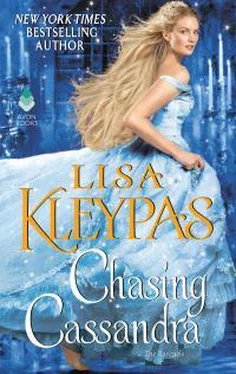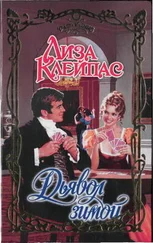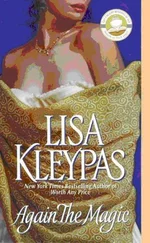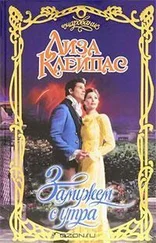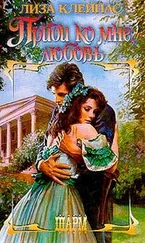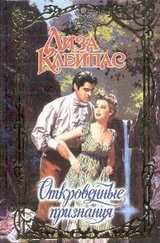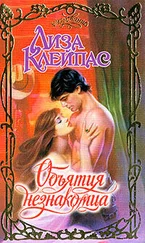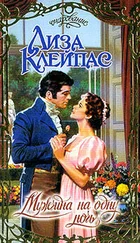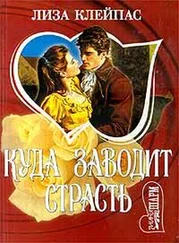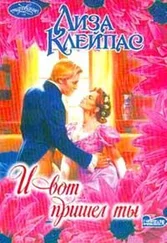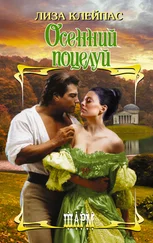“Is it . . . short for Thomas?” Cassandra asked hesitantly.
He shook his head, his gaze not moving from hers. “Just Tom.”
“Tom.” She dared to reach up and gently touch his lean cheek. A wistful smile fluttered at her lips. “I suppose we’ll never dance together again, will we?”
“No.”
She didn’t want to stop touching him. “It was lovely. Although I . . . I think you may have ruined waltzing for me.”
His face, brooding and saturnine in the shadows, could have belonged to some lesser god in a realm far below Olympus. Powerful, secretive, enigmatic. He turned his head until his lips nudged her palm with a tenderness she knew somehow was reserved for her alone.
After assuring himself of her balance, he let go and went to retrieve the shoe she’d thrown earlier.
Feeling as if she were waking from a dream, Cassandra fumbled to set herself to rights, smoothing her skirts and pinning back a lock of hair that had escaped her coiffure.
Tom came to her with both shoes, and she reached out to take them. They stood like that, linked by a mutual clasp on a few scraps of satin, leather, wood, and beading.
“You’re returning to your room barefoot?” Tom asked.
“I have no choice.”
“Is there something I can do to help?”
Cassandra shook her head. “I can sneak upstairs by myself.” She let out a quick little laugh. “Like Cinderella sans pumpkin.”
He tilted his head in that inquiring way he had. “Did she have a pumpkin?”
“Yes, haven’t you ever read the story?”
“My childhood was short on fairy tales.”
“The pumpkin becomes her carriage,” Cassandra explained.
“I’d have recommended a vehicle with a longer date of expiration.”
She knew better than to try explaining fairy-tale magic to such a pragmatic man. “Cinderella didn’t have a choice of transportation,” she said. “Or footwear, the poor girl. I’m sure those glass slippers were a misery.”
“One must be fashionable,” he reminded her.
Cassandra smiled up at him. “I’ve changed my mind about uncomfortable shoes. Why limp when I could dance?”
But he didn’t smile back, only gave her a brooding glance and shook his head slightly.
“What?” she whispered.
His reply was halting and gruff. “Perfection is impossible. Most mathematical truths can’t be proved. The vast majority of mathematical relations can’t be known. But you . . . standing here in your bare feet in that dress . . . you’re perfect.”
He bent over her, kissing her with pure molten longing. A shock of pleasure went through her, the sound of distant melody drowning in the heavy drum of her pulse. The shoes dropped from her nerveless fingers. She sank against him, grateful for the support of his hard arms as they wrapped around her, locking her close and tight.
When at last his mouth lifted, setting her free, Cassandra let her forehead drop to his shoulder. The smooth silk and wool fabric of his evening coat absorbed the fine sheen of perspiration from her skin as she listened to the undisciplined force of his breathing.
“I’ll never be able to forget this,” she heard Tom say eventually. He sounded far from pleased by the fact. “I’ll have to go a lifetime with you lurking in my head.”
Cassandra wanted to offer reassurance, but trying to think was like wading through a pool of honey. “You’ll find someone else,” she finally said, her voice not quite her own.
“Yes,” he said vehemently. “But it won’t be you.”
It sounded like an accusation.
He let go of her while he was still able, and left her in the winter garden with the discarded evening shoes at her feet.
Chapter 10
By any standards, Tom was an ass for most of the autumn. He knew that. But patience and tolerance required too much effort. He was brusque and short-tempered with Barnaby, his assorted private secretaries, accountants, lawyers, and the heads of his executive departments. Work was everything. He spared no time for friends, and turned down social invitations unless they pertained to business. There were political breakfasts and luncheons with financiers who’d agreed to supply capital for a continuation of his underground line.
Near the middle of October, Tom had arranged to purchase an estate north of London, which comprised two hundred and fifty acres. The seller was Lord Beaumont, a viscount drowning in debt, like so much of the landowning nobility these days. Since few people could afford to buy large tracts of land, Tom had bought the estate at a bargain price, with the intention of developing it with shops and accommodations for approximately thirty thousand residents. He’d always wanted his own town. It would be satisfying to see that it was planned and laid out properly.
Of course, the viscount’s family despised Tom for having bought their ancestral land. Their disdain hadn’t stopped them, however, from introducing him to one of their younger daughters, Miss Adelia Howard, in the hopes he would marry her and replenish the family coffers.
Amused by their obvious struggle to hold their noses at the prospect of him as a son-in-law, Tom had accepted an invitation to dinner. The meal had been long, stilted, and formal . . . but the well-bred Adelia had impressed him. She seemed to share his understanding of marriage as a businesslike partnership, in which each party’s roles were separate and defined. He would make money and pay the bills. She would have the children and manage the household. After a sufficient number of offspring had been produced, they would pursue their separate pleasures and pretend to look the other way. No romantic foolishness about cozy cottages and walking hand in hand through country meadows. No poetry, no treacle.
No moonlight waltzes.
“I’m the best prospect you’ll ever have,” Adelia had said with an admirable lack of melodrama, when they’d talked privately at her family’s home. “Most families like mine wouldn’t dream of mixing good blood with common stock.”
“But you wouldn’t mind?” Tom asked skeptically.
“I would mind it far less than marrying a poor man and living in a pokey little house with only two or three servants.” Adelia had glanced over him coolly. “You’re rich and well-dressed, and you look as though you’ll keep your hair. That sets you above most of my potential suitors.”
Tom had realized that, like a peach, the soft bloom of her exterior concealed a hard, tough core—which made him like her all the better. They would have done well together.
It was an opportunity that wouldn’t come again for a long time, if at all.
But he hadn’t been able to bring himself to offer for her yet, because he couldn’t stop longing for Lady Cassandra Ravenel. Damn her.
Perhaps he’d ruined waltzing for her, but she’d ruined far more than that for him.
For the first time in his life, Tom had actually forgotten something: what it was like to kiss other women. There was only the memory of Cassandra’s sweet, yielding mouth, the lush curves of her body molding perfectly to his. Like a melody that kept repeating itself throughout a symphony, she was his idée fixe , haunting him whether dreaming or awake.
Everything inside demanded that he chase Cassandra, do whatever was necessary to win her. But if he succeeded, he would destroy everything that made her worth having.
Unable to resolve the paradox on his own, Tom decided to consult the known authority on such matters: Jane Austen. He bought a copy of Persuasion as Phoebe had recommended, hoping to find an answer about how to deal with his personal dilemma.
As Tom read the novel, he discovered to his relief that Miss Austen’s writing wasn’t florid or syrupy. To the contrary, her tone was dry, ironic, and sensible. Unfortunately, he couldn’t stand the story or any of the characters. He would have hated the plot if he’d been able to find one, but it was only chapter after chapter of people talking.
Читать дальше
